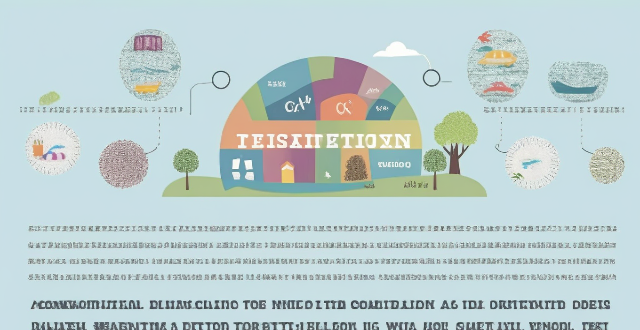The text discusses the correlation between climate change and extreme weather events. It outlines how climate change, caused by human activities such as burning fossil fuels and deforestation, leads to an overall rise in global temperatures, affecting precipitation patterns and increasing storm intensity. This results in more frequent and severe heatwaves, changes in rainfall leading to floods or droughts, and more intense storms including hurricanes, cyclones, and typhoons. The essay concludes that there is a clear relationship between climate change and extreme weather events, and emphasizes the urgency of taking action to mitigate climate change and adapt to its impacts.

The Relationship between Climate Change and Extreme Weather Events
Introduction
Climate change is a long-term alteration in global climate patterns caused by human activities such as burning fossil fuels and deforestation. One of the most visible impacts of climate change is the increase in extreme weather events. This essay will explore the relationship between climate change and extreme weather events.
Impact of Climate Change on Weather
*Temperature Rise*
Climate change leads to an overall rise in global temperatures. This increase in temperature can cause more frequent and severe heatwaves, which are extreme weather events that can have devastating effects on human health, agriculture, and wildlife.
*Changes in Precipitation Patterns*
Climate change also affects precipitation patterns. Some areas may experience more frequent and intense rainfall, leading to flooding, while others may become drier, increasing the risk of droughts. Both floods and droughts are considered extreme weather events.
*Storm Intensity*
As global temperatures rise, the amount of water vapor in the atmosphere increases. Water vapor is a key ingredient for storms, so this can lead to more intense storms, including hurricanes, cyclones, and typhoons. These are all examples of extreme weather events.
Extreme Weather Events and Climate Change
*Heatwaves*
Heatwaves are becoming more frequent and severe due to climate change. They can cause heat-related illnesses, crop failures, and increased demand for air conditioning, which further contributes to greenhouse gas emissions.
*Floods and Droughts*
Changes in precipitation patterns due to climate change can lead to both floods and droughts. Floods can cause damage to infrastructure, homes, and businesses, while droughts can lead to crop failures and water shortages.
*Storms*
As mentioned earlier, climate change can lead to more intense storms. These storms can cause significant damage to coastal communities, disrupt transportation systems, and lead to power outages.
Conclusion
In conclusion, there is a clear relationship between climate change and extreme weather events. As the planet continues to warm, we can expect to see more frequent and severe extreme weather events. It is crucial that we take action to mitigate the effects of climate change and adapt to its impacts to protect our communities and ecosystems.